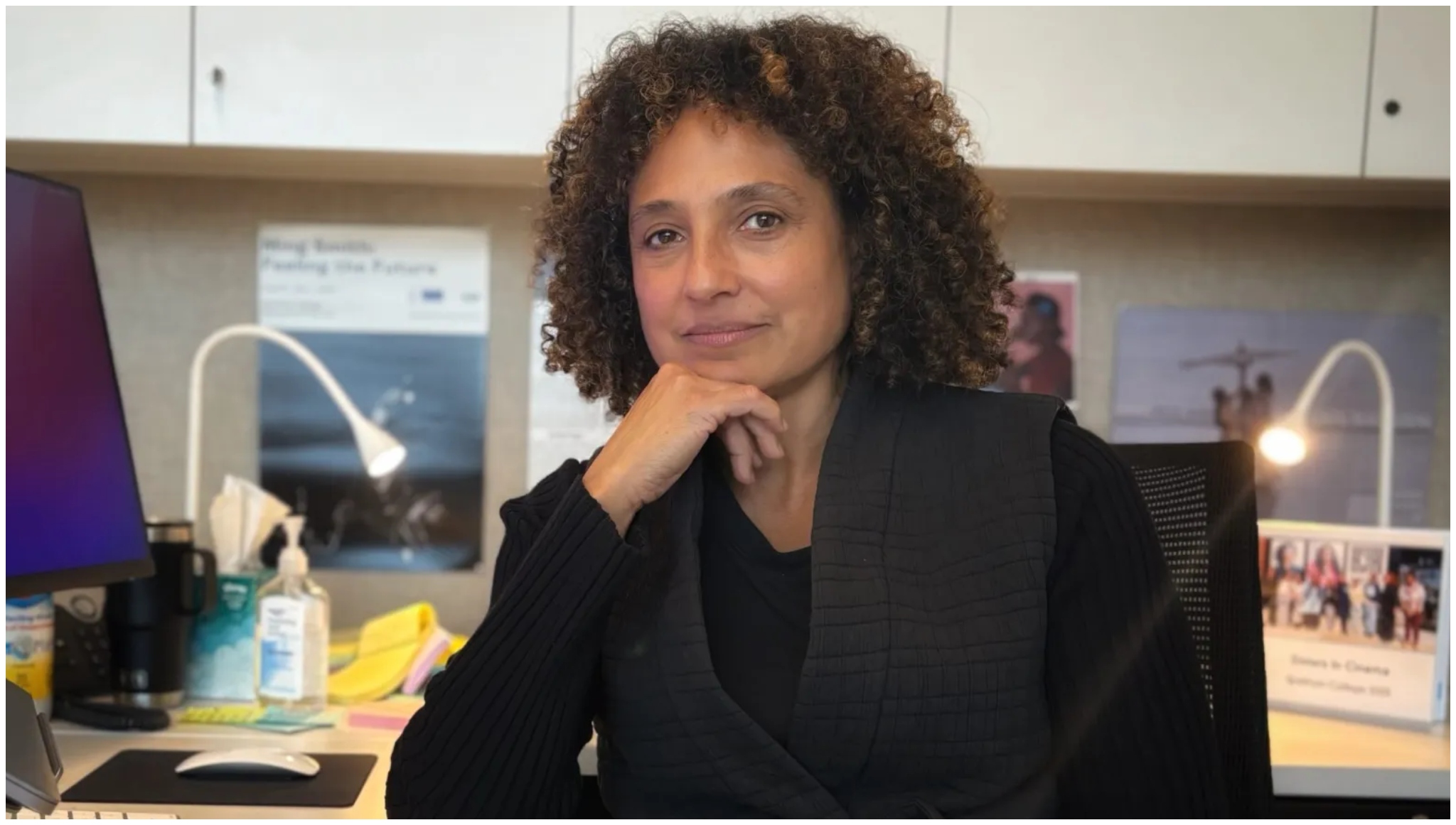Shola Lynch’s new documentary, Number One on the Call Sheet: Black Leading Women in Hollywood, sheds light on the Black actresses who have shaped Hollywood, overcoming barriers to take leading roles. This groundbreaking film not only features well-known actresses like Whoopi Goldberg, Halle Berry, and Angela Bassett, but it also explores the journey of these women in an industry that has often sidelined them.
A Star-Powered Collaboration Brings the Documentary to Life
The documentary, which includes interviews with 17 prominent Black actresses, came to life through a collaboration of major players in the entertainment industry. Producer Datari Turner approached Jamie Foxx with the idea, who in turn brought the concept to Kevin Hart. The support from these figures helped secure funding for the film from Apple. The combined star power, including that of executive producers Halle Berry, Viola Davis, Whoopi Goldberg, and Angela Bassett, made this project possible.
Shola Lynch, known for her work on documentaries like Shirley Chisholm, was recruited to direct the film. Her unique perspective as a filmmaker, educator, and historian helped bring a thoughtful academic lens to this documentary, emphasizing the cultural significance of Black actresses taking the lead in Hollywood.
The Significance of Being Number One on the Call Sheet
In the film, the term “number one on the call sheet” refers to the actor who appears at the top of the daily production schedule, symbolizing their role as the lead. Director Shola Lynch was fascinated by the rarity of Black women being in this position. It’s a metaphor for not just leading in film, but also for taking charge of their narrative in an industry that has historically been limited for Black talent.
Lynch explains, “If you’re number one on the call sheet, you’re the person the narrative is about, and you’re in a leadership position. It’s a role of high order.” This title became a powerful symbol of Black women claiming their rightful space in Hollywood.
A Safe Space for Honest Conversations
Lynch’s approach to the interviews was different from the usual promotional setup. She created a calm and inviting space where the actresses could share their real, often untold, stories. Instead of asking the standard questions, Lynch focused on listening and allowing her subjects to speak from the heart. “The lights are dim, there’s one beautiful light, and we set the stage. We’re giving them their flowers,” Lynch described.
The environment fostered an unexpected level of vulnerability from the actresses. Many shared experiences and struggles that had never been publicly discussed, offering a rare and personal glimpse into their careers and lives.
Editing Challenges and Collaborative Storytelling
With over 200 films referenced and more than 17 interviews to work with, editing the documentary proved to be a significant challenge. Lynch carefully crafted a story that highlighted the ensemble of Black actresses without focusing too much on individual stars. “I didn’t want the film to be a hierarchy of star status, but an ensemble,” she explained.
The editing process required deep reflection and careful choices, balancing artistic vision with the practical constraints of the documentary. Lynch navigated the delicate line between her creative vision and the expectations of corporate sponsors, like Apple.
Historical Context and Inspiring Stories
One of the key aspects of the documentary is its historical perspective. Lynch, drawing from her background in history, places the current achievements of Black actresses within the broader context of the film industry. She highlights how pioneers like Hattie McDaniel, the first Black woman to win an Academy Award, were often typecast into stereotypical roles.
The documentary also delves into personal stories of overcoming adversity. For example, Whoopi Goldberg’s career path is marked by moments of defiance against industry limitations. She turned setbacks into opportunities, carving a path where few thought it was possible. Her response to being told she could never be a leading lady in Hollywood was both bold and inspiring: “In my mind, I can.”
A Lasting Legacy for Future Generations
Shola Lynch is hopeful that her documentary will not only honor the achievements of Black actresses but also serve as a tool for education and inspiration for future generations. Lynch’s work on the documentary Shirley Chisholm remains a fixture in classrooms, and she hopes this film will have a similar, lasting impact.
“This film is for me,” Lynch said. “If it works for me as an artist, it will translate to others.” She sees the documentary as a way to empower viewers, asking them, “Are you number one on your call sheet?”






Leave a Reply